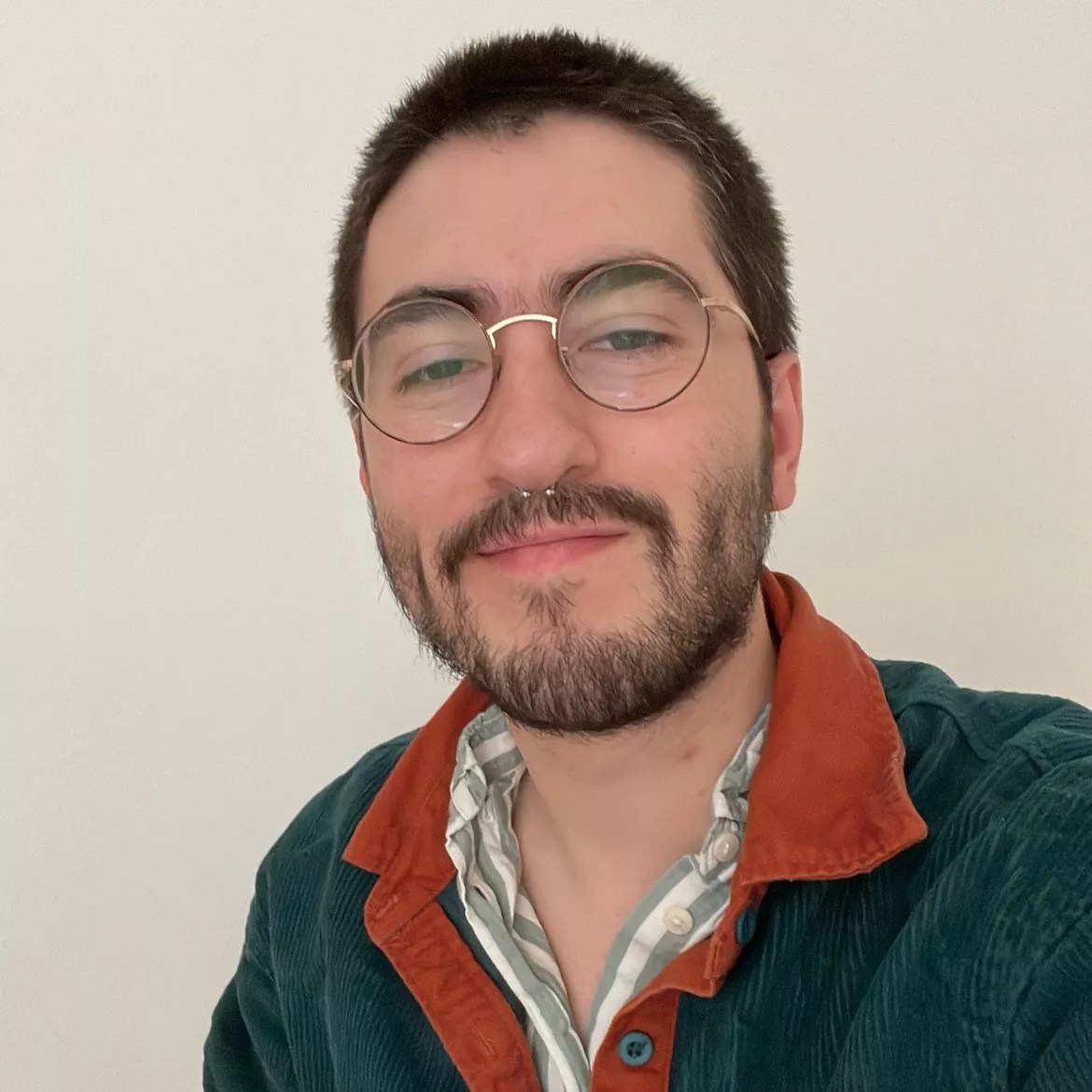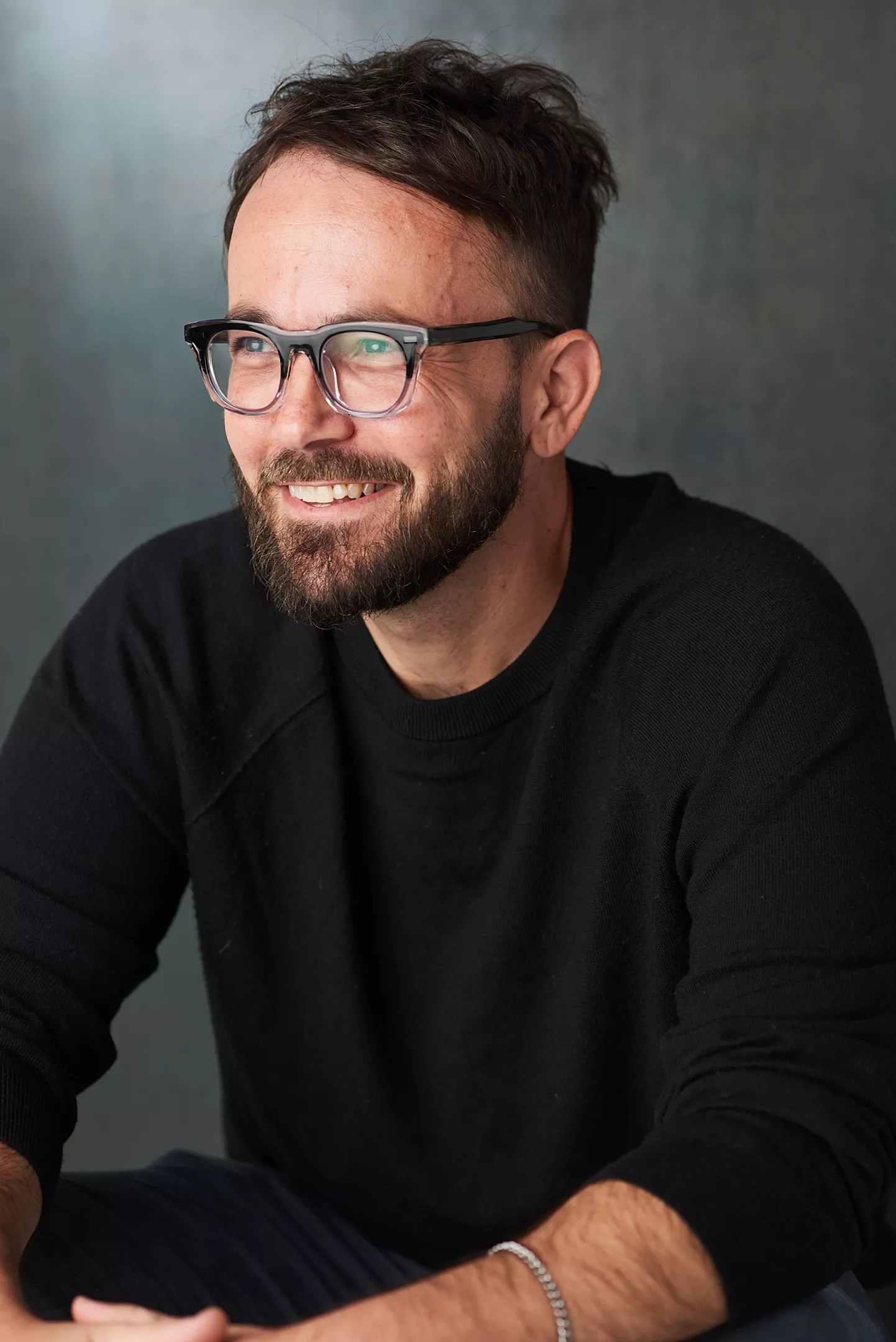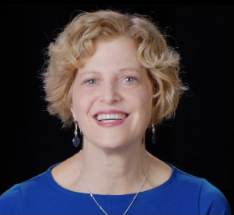
Photo by Adams VisCom

Audio By Carbonatix
Each year, theater lovers from across the country gather at the Colorado New Play Summit to witness the birth of tomorrow’s stage classics. Hosted by the Denver Center for the Performing Arts, this festival is a creative laboratory where playwrights refine their work with staged readings in front of live local audiences and industry professionals.
“It’s remarkable how resonant something can be in that format,” the DCPA’s artistic director Chris Coleman said of the Summit on the OnStage Colorado Podcast. “Sometimes people say, ‘I preferred that to the actual production.’ I think it’s because your imagination is filling in so many of the blanks so it can be very powerful in that setting.”
Alongside the readings, attendees can see full productions of The Reservoir and The Suffragette’s Murder, both of which participated in the 2023 New Play Summit. While the Summit is an important incubator for new work, it is often critiqued by local artists for frequently featuring playwrights from outside Colorado – a trend that continues this year. This year’s lineup includes four featured plays: bogfriends by jose sebastian alberdi, How to Conquer America: A Mostly True History of Yogurt by David Myers, If God Were Blue by Carey Perloff and Rust on Bone by Bianca Sams.
To get a sense of where each playwright’s head was at going into the festival, Westword interviewed each playwright to find out what each of their plays is about, how they got connected to the Summit and what they hope to gain from the experience of workshopping their material with a creative team for a week before presenting two staged readings to the public. In alphabetical order, here’s what each writer is thinking before their participation in the 2025 New Play Summit:

New Play Summit participant josé sebastián alberdi.
Courtesy photo
bogfriends by jose sebastian alberdi
In bogfriends, relationships refuse to decay, much like the ancient bodies preserved in Ireland’s bogs. Tanner and Archie work side by side in a museum while Finn and Cillian navigate the complexities of love across cultures. Meanwhile, long-forgotten figures Osgar and Irial linger in the past. Spanning thousands of years, Alberdi’s play is a haunting yet humorous meditation on love, power and the difficulty of letting go.
“What was really on my mind while I was writing this play was honestly romantic relationships,” says alberdi. “I was coming out of a pretty long-term relationship while also starting to date people. It was a sort of mix of like this idea I had about this bog play, plus the sort of thing that was taking up like way too much of my life at the moment and I sort of just like mashed them together. There is something really interesting about finding a metaphor for the bog that prevents things from decomposing and why it is so difficult for humans to let go of relationships.”
Alberdi drew inspiration from his own life and a college trip to Ireland, where he encountered ancient bog bodies and even jumped into a bog himself. Originally written as a murder mystery, bogfriends evolved into a reflection on queer love and identity. “I didn’t want the play to be about Irishness,” alberdi says. “It’s about queerness and being in a relationship.”
His journey to the Summit began with a surprise email after his agent submitted the play for consideration without his knowledge. “We want to do this play. Are you interested?” he recalls the email read. “I was like, ‘Yes, absolutely!'” Now, he’s eager to refine the piece with a fresh creative team.
“I’ve become too close to this piece,” alberdi says. “I can’t tell what’s surprising or exciting about the play anymore, so audience reactions will be incredibly helpful.”

New Play Summit participant David Myers.
Courtesy photo
How to Conquer America: A Mostly True History of Yogurt by David Myers
What do family legacies and fermented dairy have in common? For Arlene Hoffman, the answer is everything. In 1975, she helped transform yogurt from a health food oddity into a household staple – but her deceased father refuses to let her rewrite their family’s story without a fight. Myers’ play is part comedy, part cultural critique of marketing, and it explores the complexities of assimilation, ambition and the stories we tell ourselves.
“It’s had quite a few workshops,” Myers says. “It’s something I started writing a while ago, and workshops have really been helpful in finding the shape of the play. I had this primal interest in this being about my son and about yogurt. Everybody was like, ‘I’m not really sure I see the connection,’ and I’m like, ‘It’s my job in the play to make that connection clear. This play is both about lineage and yogurt. In casual conversation, that did not fly, so workshops were really helpful in figuring out what needs to be on the page.”
His connection with the DCPA began after a successful production of his play 237 Virginia Avenue last May by Local Theater Company at the Savoy Denver. After having coffee with Leean Kim Torske, DCPA’s director of literary programs, he invited her to the production. In their post-show conversation in the lobby, Myers asked if he could send her the script. Torkse said yes and she enjoyed it so much that now he’s packing his bags from California to Denver to participate in the Summit where he’ll focus on making How to Conquer America as effective as possible.
“Well, there’s always the question: does the bag hold water?” Myers says. “Inviting in the director, dramaturg and all the actors, they all then get in the bag, sort of swim around in the bag and if there’s a leak in the bag, they’ll find it. Like, ‘This bag does not hold water – your whole play is full of shit. Because why would my character do this?’ That’s one of the things that’s exciting about having collaborators. They help me get in there and figure out what I need to rebuild.”
Myers expresses excitement about the opportunity to workshop his show and share it with Denver audiences. “I know it’s a reading and the DCPA is not a Broadway, but it’s a reading at the Denver Center,” he says. “That’s a big place and my sense is that people really come out for this so I’m excited and scared. When you go on a big stage, there’s always some fear that people might laugh at you but there’s also the real hope that the piece resonates with audiences. I’ve spent a lot of time working on the play so I’m optimistic and look forward to seeing if it does.”

New Play Summit participant Carey Perloff.
Courtesy photo
If God Were Blue by Carey Perloff
Set in Renaissance Rome, If God Were Blue captures the fierce competition between two master painters vying for a coveted church commission. As Sebastiano enlists Michelangelo’s help to surpass Raphael, his wife Beatrice fights to shape her own artistic legacy. Against a backdrop of faith, power and censorship, Perloff’s play interrogates who gets to create art – and whose stories are told.
“Getting into the Summit was such a happy surprise for me,” she says. “I’d been writing this play for quite a few years. It’s a juicy world set in Renaissance Italy. It’s not the kind of subject matter that has been seen a lot on the American stage recently. It landed on the desk of Chris Coleman, whom I really admire and whose work I follow, and he loved it. He loves historical fiction and was fascinated by the world of it. He’s a real Shakespeare guy and out of the blue I got a phone call from him saying, ‘I love this play. We should put it in the festival, and I want to direct it.’ So I said, ‘Wonderful!'”
Perloff’s inspiration struck during a London exhibit when she learned about the real-life contest that occurred between Raphael and Sebastiano del Piombo. “In the Renaissance, painting was intensely competitive and they set these painters up against each other so there was this contest where these two great painters competed,” Perloff says. “During the competition, Sebastiano recruited Michelangelo to paint Lazarus, the main figure in his painting, so then you had really this clash of the titans. It was such an incredible story. I just didn’t know anything about it, and I looked at these two paintings, and the longer you look at a painting, the stranger they become.”
Seeing a woman determined to break free from the role of muse in Raphael’s painting, Perloff crafted a story that delves into the complexities of gender roles, the tension between artistic freedom and censorship, and the power dynamics that shape the creation of art. The play raises questions about who gets to tell stories, how authority influences artistic expression and the struggle of women to claim their place as creators rather than subjects.
For Perloff, the opportunity to workshop the play in Denver is invaluable. “I’ve only attended the New Play Summit but what I remember was really exciting was seeing everybody’s work at the same time,” she says. “All these amazing writers of very different backgrounds, styles and preoccupations all together in a room, sharing each other’s together and get feedback from creatives, other playwright and audiences.”

New Play Summit participant Bianca Sams.
Courtesy photo
Rust on Bone by Bianca Sams
In this suspenseful drama, psychologist Devra Mendoza faces the unthinkable: trapped in her office by a desperate stranger, she must draw on every ounce of her training to survive. But as their confrontation escalates, Devra is forced to confront not only her own trauma but the unspoken wounds of those around her. With a nonlinear structure that pieces together the puzzle of Devra’s life, Sams’ psychological play hopes to keep audiences guessing from start to finish.
“It is a thriller about someone dealing with not only their own trauma but then secondary trauma,” Sams says. “There are four characters: our therapist, her coworker Sue, Agnes and our stranger. It hops around in time so you’re understanding what’s happening as it goes along and you’re getting clues about who these people are, why they’re here and how all four are connected.”
Originally written during Obama’s first term, the play’s themes of mental health and trauma are even more urgent today. “Back then, people didn’t talk about mental health the way they do now,” Sams reflects. “Everyone was like, ‘No, no, no mental health,’ but even that has changed. It makes it easier though because I don’t have to explain as much about the psychologist. It feels even more relevant today than they were when I wrote it.”
After applying to the Summit multiple times, Sams is excited to finally join the festival. “I have had friends who’ve been through it who’ve enjoyed it, who really loved it so it’s definitely something I’ve wanted to take part in for a while now,” she says. “It’s really nice to finally get to share in all of the amazingness that I’ve heard about.” Sams is eager to discover what a fresh cast will bring to the material.
“I’m looking forward to seeing if there are any blind spots in the project,” Sams says. “I’m also really excited to play with completely new actors and seeing what they bring. It’s gonna be really thrilling to hear it anew. I think it’s going to be very different for me listening to it in 2025 than it was thirteen years ago when I wrote it, or even 2020 when I revisited the last time so it’s gonna be a different experience altogether.”
As the curtain rises on this year’s Colorado New Play Summit, audiences will not only witness the next generation of theater but also play a role in shaping it. For playwrights, the opportunity to hear their work aloud – and to gauge firsthand reactions – is critical.
“It is so important that the Denver Center has continued to keep this Summit alive because we’ve lost so many opportunities like this,” Perloff says. “We’ve lost the Humana Festival in Louisville, the Lark in New York and so many more. The opportunity for artists to come together with early stages of work and feel safe to incubate them is just gold. I really salute the Denver Center that they’ve kept the Summit going.”
Colorado New Play Summit, Saturday, March 1, and Sunday, March 2, at the Denver Performing Arts Complex, 1101 13th Street. Get tickets at denvercenter.org.